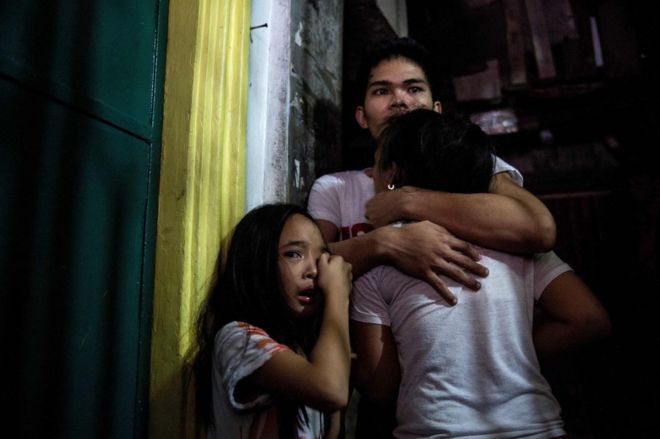By: Nicole Hoerold
Impunity Watch Reporter, Asia
SEPANG DISTRICT, Malaysia – North Korean leader Kim Jong Un’s half brother, Kim Jong Nam, was killed on February 13 in a Malaysian airport. Surveillance footage shows two young women smearing a substance in the estranged brother’s face, which led to his immediate death. Officials have now identified the substance as VX nerve agent, a chemical nerve gas derived from organophosphate pesticides.

VX nerve agent is internationally recognized as an illegal chemical weapon, and stockpiles have been largely destroyed throughout the globe since the enforcement of the Chemical Weapons Convention in 1997. The chemical agent inhibits the functioning of glands and muscles by blocking an important enzyme which allows the muscles to relax. Only a few milligrams are enough to kill someone in minutes’ time.
The two women who facilitated the attack told officials that they were approached by foreign men and were paid $90 to smear what they thought was a harmless substance in the man’s face. Many believe that the attack was carried out on behalf of Kim Jung Un himself, who has apparently felt threatened by his half brother. The fact that the murder was carried out using a highly toxic and illegal substance encourages the belief that the North Korean government is responsible.
If this is the case, the incident raises new concerns about North Korea’s stockpile of chemical weapons, in addition to long-term concerns regarding the state’s nuclear weapons program.
For more information, please see:
CNN – VX nerve agent used to kill Kim Jong Nam, police say – 24 February, 2017
NY Times – Woman Held in Death of North Korean Leader’s Kin Says She Was Duped – 25 February, 2017
NY Times – What Is VX Nerve Agent? A Deadly Weapon, Rarely Seen – 24 February, 2017


